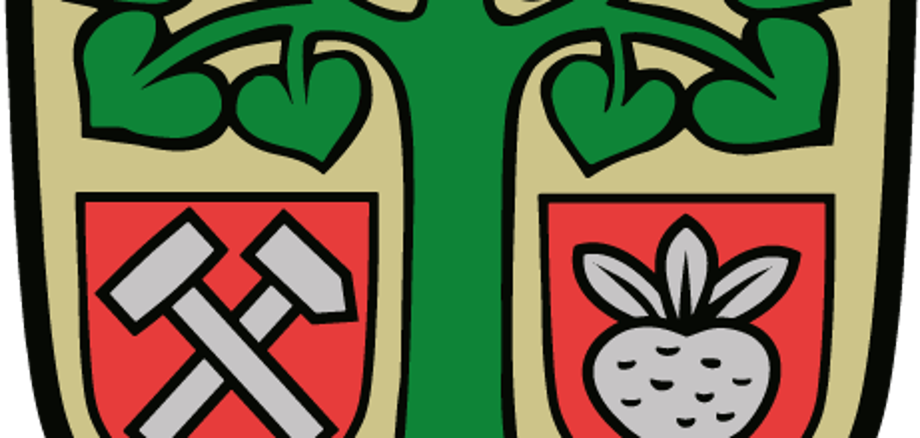The sale and consumption of alcoholic beverages in public is subject to legal age limits. In order to sensitise vendors and sales outlet managers to this issue and to insist on compliance with the Youth Protection Act, the public order office of the municipality of Rüdersdorf bei Berlin carries out appropriate checks.
The Youth Protection Act regulates the age limit above which certain alcoholic beverages may be sold to young people or consumption in public is permitted. Alcohol is generally prohibited for children under the age of 14, while all alcoholic beverages are permitted from the age of majority at 18. There are special regulations for the age groups in between.
Alcohol produced by fermentation, such as beer, wine or sparkling wine, may be served to persons aged 16 and over. This age limit is reduced to 14 years if young people are accompanied to a pub by a person with parental authority and this person expressly authorises consumption. Both the sale and consumption of spirits and drinks containing spirits in restaurants, supermarkets or other points of sale are only permitted from the age of 18.
In accordance with Section 9 of the Youth Protection Act, beer, wine, wine-like drinks or sparkling wine or mixtures of beer, wine, wine-like drinks or sparkling wine with non-alcoholic drinks may not be sold to children and young people under the age of 16, nor may other alcoholic drinks or foodstuffs containing other alcoholic drinks in more than small quantities be sold to children and young people, nor may they be permitted to consume them in restaurants, sales outlets or elsewhere in public
.
"A beer to go, please!"
Our test shoppers were 17 years old. According to the Youth Protection Act, they would have been allowed to buy beer, mixed beer drinks, wine and sparkling wine as well as mixed drinks containing wine (up to 14% vol.).
The most recent check in the municipality of Rüdersdorf near Berlin yielded alarming results. The employees in 7 of the 9 shops visited did not fulfil their duty and did not properly check the young people's IDs.
Together with the public order office, our 17-year-old test subjects went to various shops - from petrol stations and drinks shops to supermarkets - and were instructed to buy spirits (e.g. schnapps, liqueur).
The young people were sold several liqueurs (15 % vol. to 44 % vol.) in 7 out of 9 shops inspected. This means that the sales staff had misjudged the age of the test persons, had not asked to see their ID or had miscalculated their age. A total of 41 offences against the Youth Protection Act were detected.
Immediately after the respective purchase, the employees of the public order office returned to the shop and confronted the shop assistant and the sales outlet manager with the alcohol purchased. In most cases, the people concerned said that they normally always make sure that no alcohol is sold to children and young people in accordance with the Youth Protection Act. Or they said that they thought the mystery shoppers were older. This showed all the more how important it is to always ask to see the customer's ID when in doubt.
However, there were also some bright spots during this year's inspection. We could only congratulate the employees at 2 petrol stations in the municipality of Rüdersdorf near Berlin. They saw through our test subjects, asked for ID and did not sell them any alcohol.
Once again, it was shown that it is necessary to carry out strict checks to ensure compliance with the provisions of the Youth Protection Act. The public order office of the municipality of Rüdersdorf near Berlin will carry out further test purchases at irregular intervals to protect children and young people.

